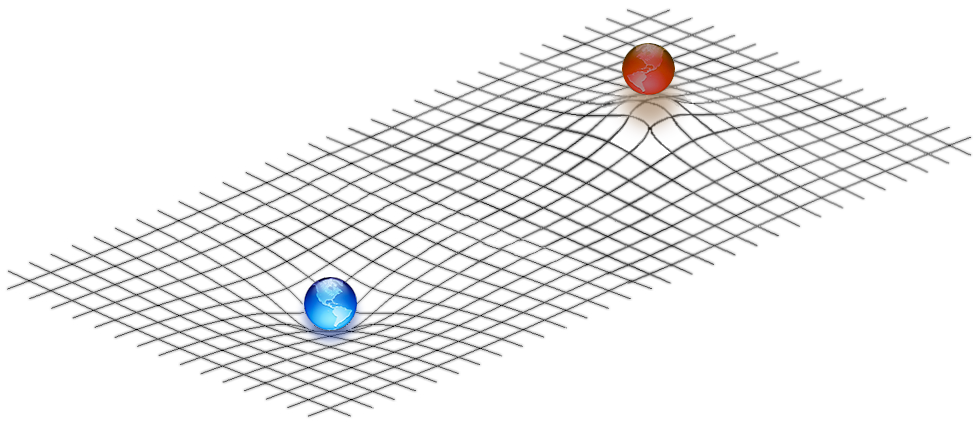Carve-out
Carve-out
/kɑːv aʊt/ (n.)
|
The exception which, in the eyes of a diligent clerk, proves the rule. No rule, no legal proposition, is too complicated that it can’t be made more so by the skilled deployment of a carve-out. This is an invocation of the Fish Principle.
Carve-outs may go without saying — they usually do — and many can be regarded as a species of redundancy: of a piece with a “without limitation” or an “avoidance of doubt”. Yet how playful it can be, when the carve-out is from a “without limitation” or an “avoidance of doubt”! Some are woven from a stouter fibre, whose implied articulation no drafting, however doubtless, could presume.
Where the carve-out carves out from an exclusion of liabilty which is itself a kind of carve-out, we create some kind of carve-in; an elaborate sculpting of the rock from which we extract our legal relations. The carve-out thus toys with our traditional notions of contractual time and space. It promises hyper-spatial access to an alternative universe of semantic possibility, within whose parameters one can extend drafting into hitherto un-imagined, immeasurable dimensions, negative spaces, double-negative spaces, dark energies — Esher-esque grammatical constructions beyond anything imaginable in our traditional Euclidean geometry. This is quite exhilarating for the connoisseur.
